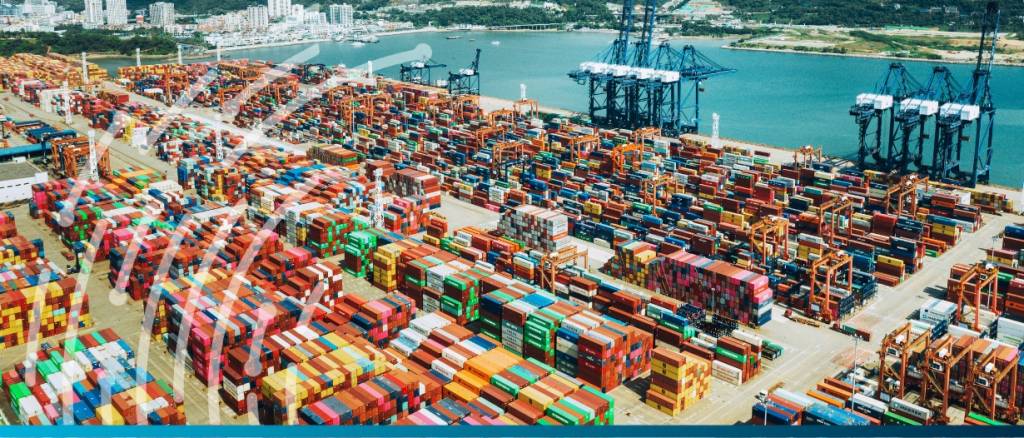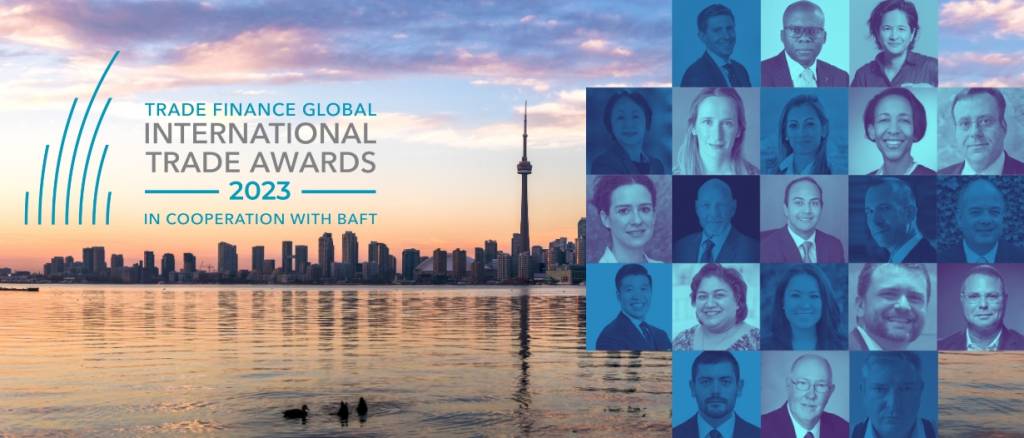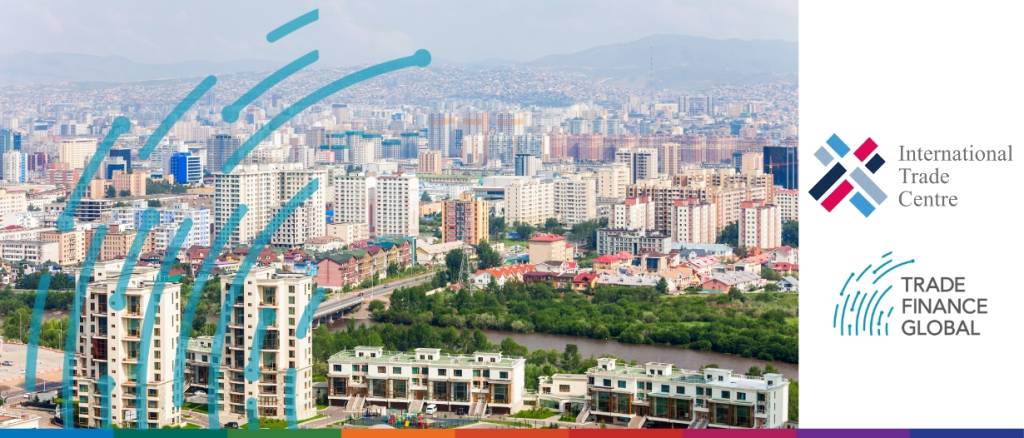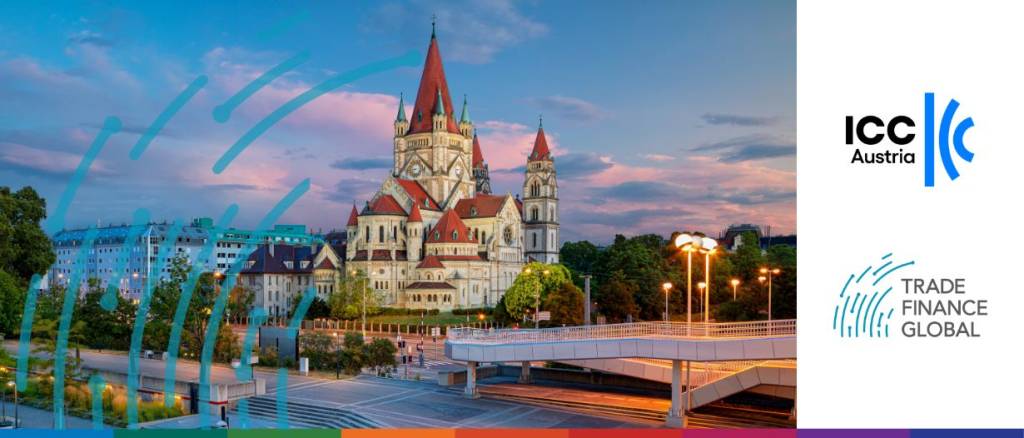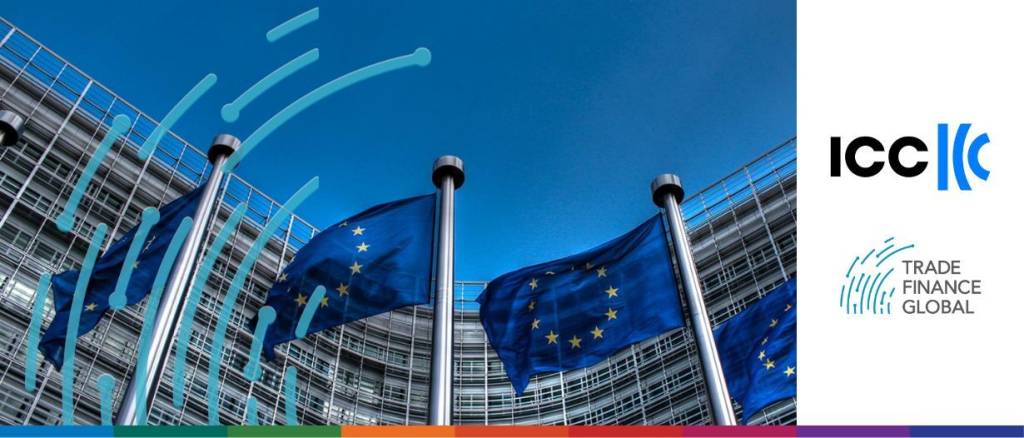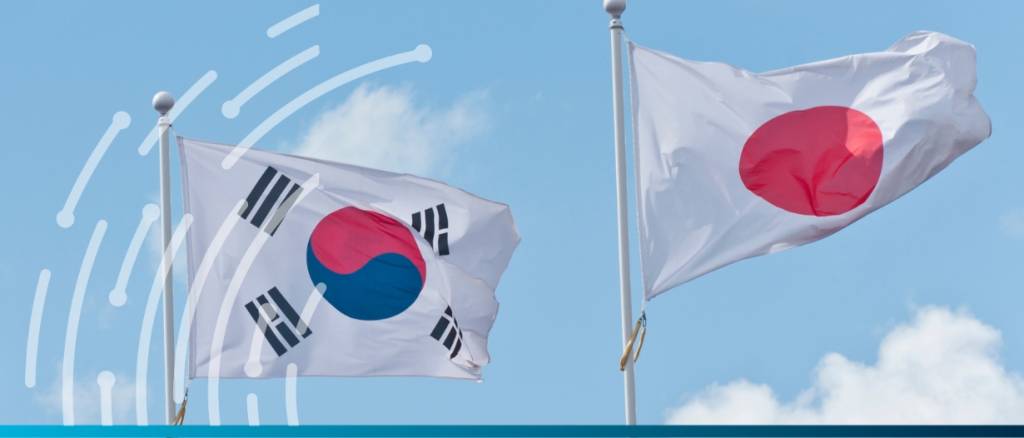In this article, EBRD’s Ralph De Haas and Rudolf Putz talks about ways to improve regulatory compliance for trade finance and correspondent banking.
The U.S. trade deficit in goods narrowed in May as imports declined, but the improvement was probably insufficient to prevent trade from being a drag on economic growth in the… read more →
Trade Finance Global (TFG) is pleased to announce the upcoming Trade, Treasury & Payments Awards 2023 ceremony, presented in cooperation with BAFT. These prestigious awards recognise individuals and organisations that have made outstanding contributions to the trade, treasury, and payments sectors.
Though international trade is a complicated industry, there is one truth that is simple: the world runs on finance. There is a mind-boggling amount of capital floating around the globe. However, access to this financing has proven difficult for many companies and countries.
In a bid to bolster the robustness and competitiveness of Morocco’s private sector, the European Bank for Reconstruction and Development (EBRD) has granted Bank of Africa – BMCE Group (BOA)… read more →
Trade Finance Week, a week-long gathering organised by the International Chamber of Commerce (ICC) Austria, has become renowned in the trade finance industry.
The International Chamber of Commerce (ICC), the world business organisation, has publicly praised a recent accomplishment by European Union (EU) policymakers – the successful conclusion of negotiations concerning the third revision of the bank capital framework, the Capital Requirements Regulation 3 (CRR3).
The Reserve Bank of India announced on Wednesday that India‘s current account deficit witnessed a substantial reduction in the January to March quarter, primarily due to a moderation in the… read more →
Today, Japan declared its decision to reinstate South Korea as a preferred nation with fast-track trade status, effectively ending a prolonged four-year economic row that had exacerbated their bitter historical… read more →
As an observer at the World Export Development Forum (WEDF) 2023, where Trade Finance Global (TFG) was a media partner, TFG had the opportunity to discuss these challenges and prospects with local and international delegates.
















